
Cocoa crunch: How shortages are rewriting chocolate’s future
As climate, disease and regulation strain global cocoa supply, manufacturers are turning to low‑cocoa and cocoa‑free innovations to protect margins and future-proof their portfolios

As climate, disease and regulation strain global cocoa supply, manufacturers are turning to low‑cocoa and cocoa‑free innovations to protect margins and future-proof their portfolios

Finance professional turned food entrepreneur Masuma Zahara Bukhari brings an exotic flair to the fast-growing functional dairy-free category

From proteins to dyes and sweeteners, the CPG major is betting big on the technology: here’s why

Paying premiums alone isn’t enough to get producers to embrace sustainability, Mars Snacking’s VP of R&D says as he reflects on emerging methane mitigation solutions and the Bovaer fallout
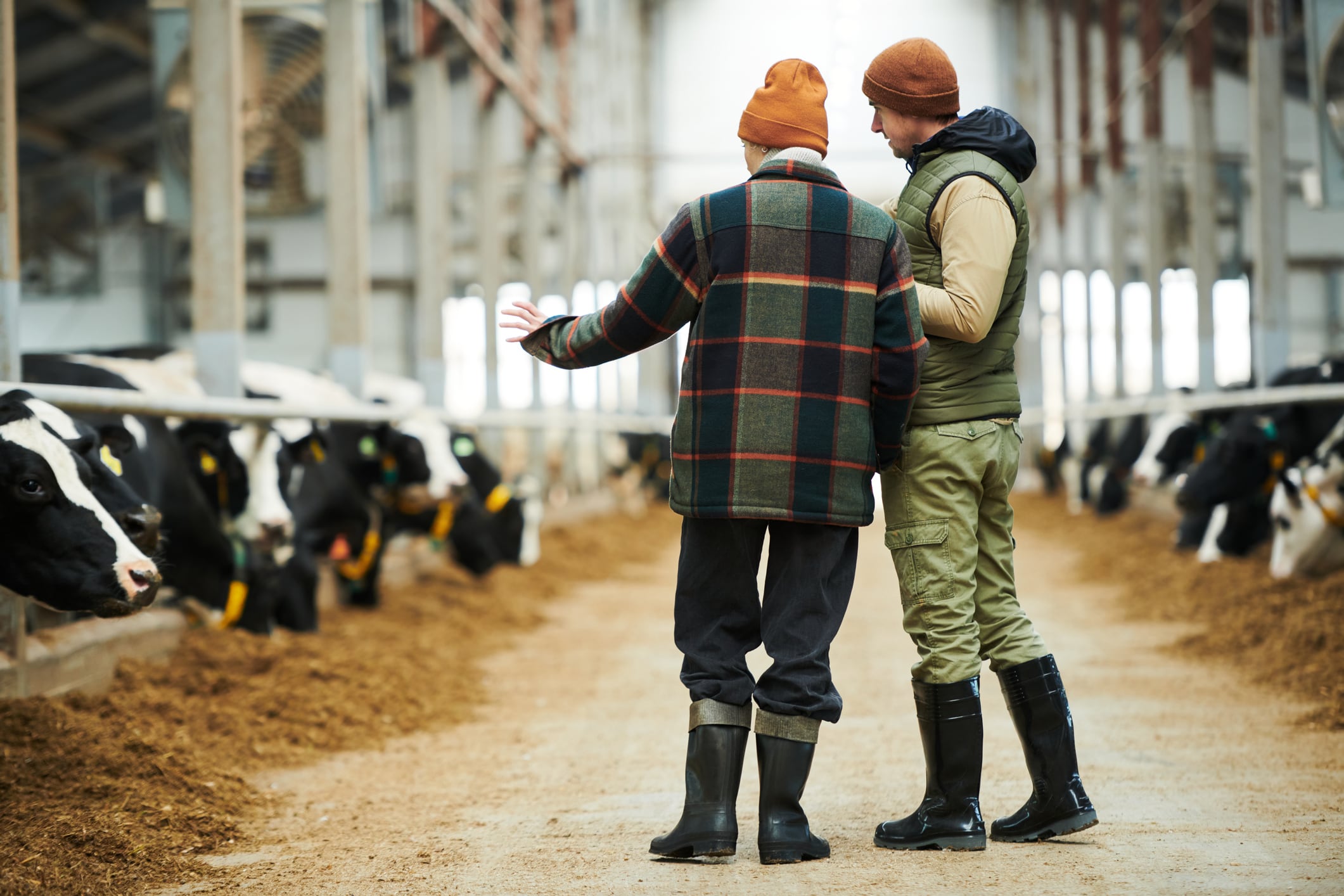
Farmers are best placed to talk about their sustainability challenges. Stirring this debate instead of preaching action is how Danone hopes to spur real change
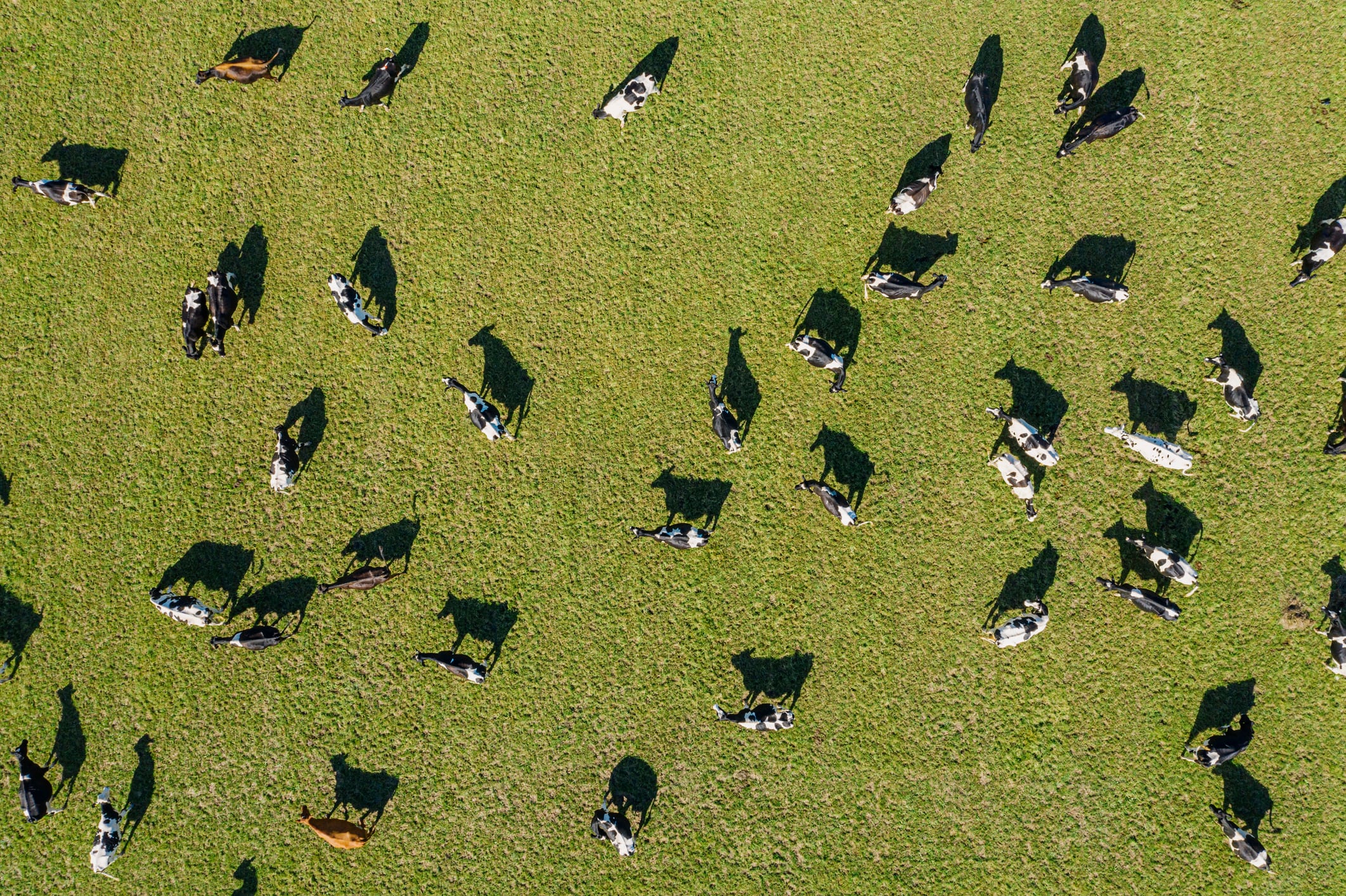
AgriZeroNZ sees strong potential in Nbryo’s technology to enable farmers to breed low-methane livestock faster and reduce emissions more effectively.

Looking back at our Sustainable September initiative, where does the food and drink industry thrive and fall?
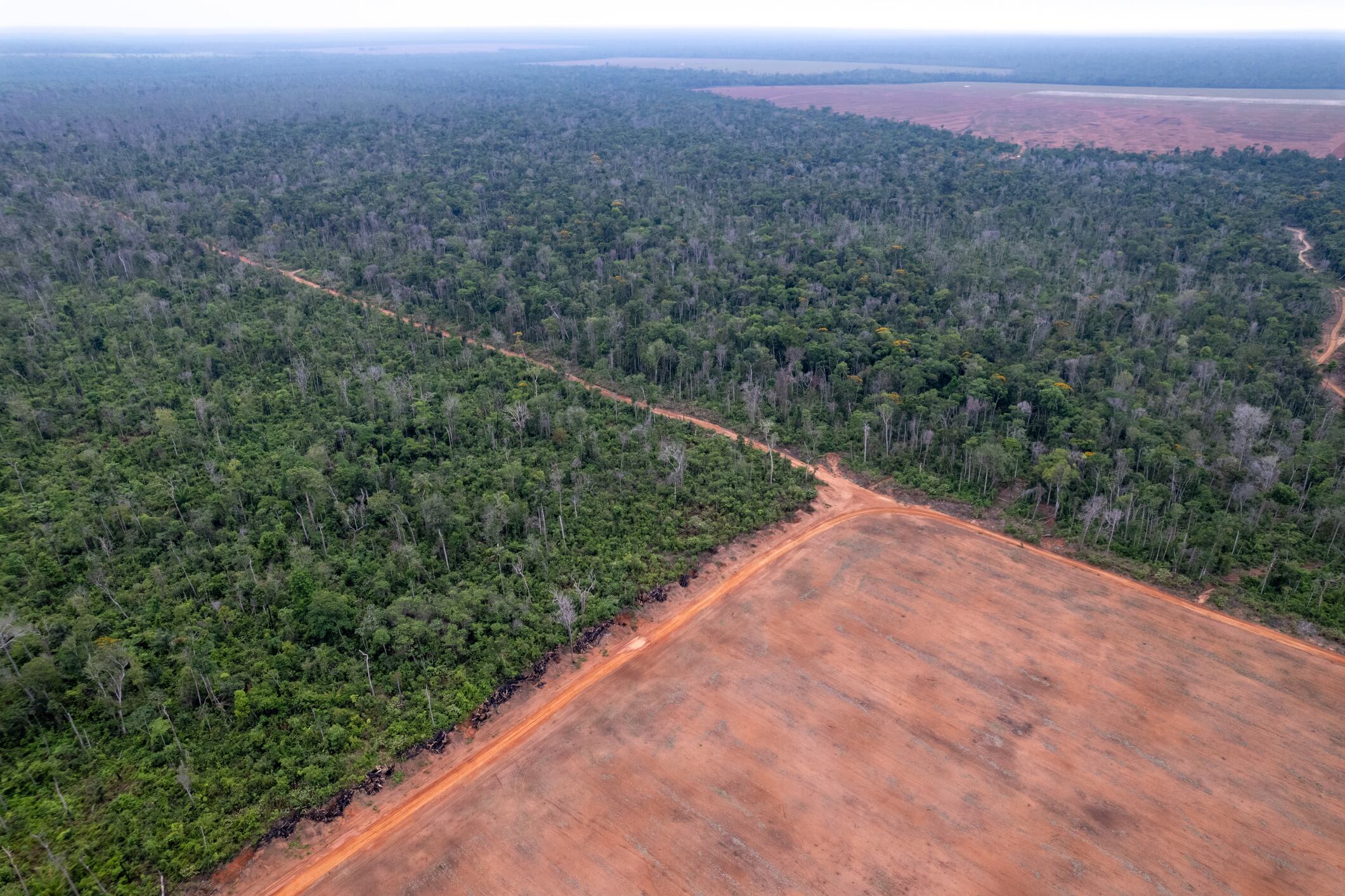
Downstream operators will not be required to submit due diligence statements

Problems with the system, through which businesses must submit EUDR due diligence statements, were the given reason for the regulation’s potential second delay

Consumers don’t know if precision fermentation is good or bad. What may persuade them?

Leads Agri Genetics launches new centre to transform India’s breeding programmes by integrating advanced genomics with traditional breeding practices.

The food giant’s hushed departure from a global methane-reduction alliance raises concerns about corporate climate fatigue and the future of collective sustainability efforts

Nestlé’s quiet exit from global methane-cutting alliance has sparked fresh scrutiny over its climate commitments
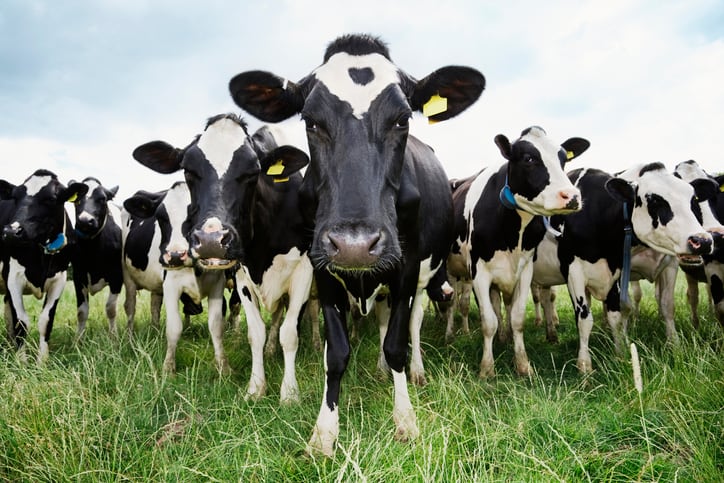
Environmental and economic headwinds make stewardship crucial for dairy industry

Sustainable September
Harmonized ESG reporting has a heap a benefits for industry and government alike, GRI’s Gelkha Buitrago tells us
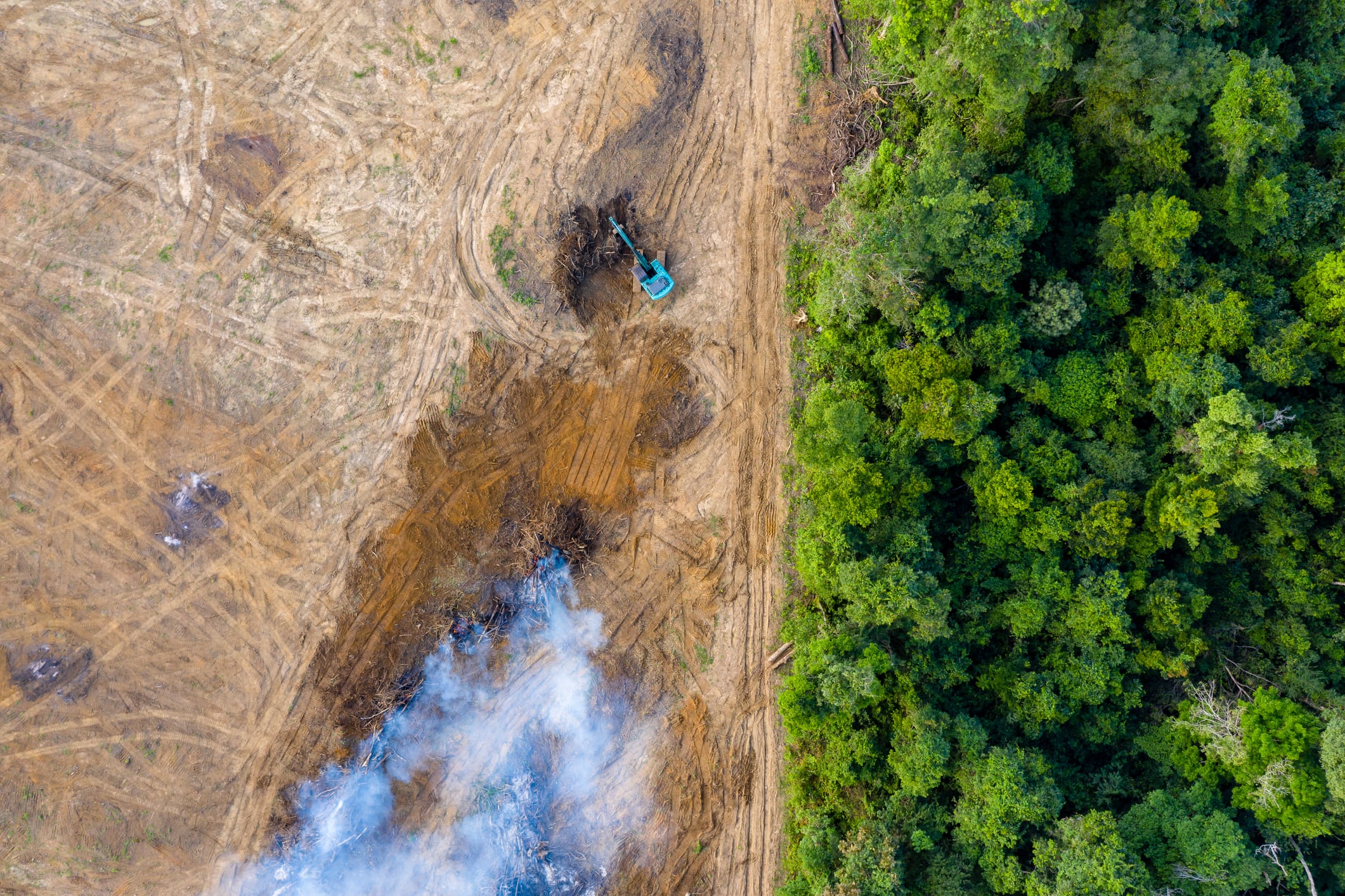
The Environment Commissioner hopes lawmakers will agree to postpone the deforestation regulation yet another year
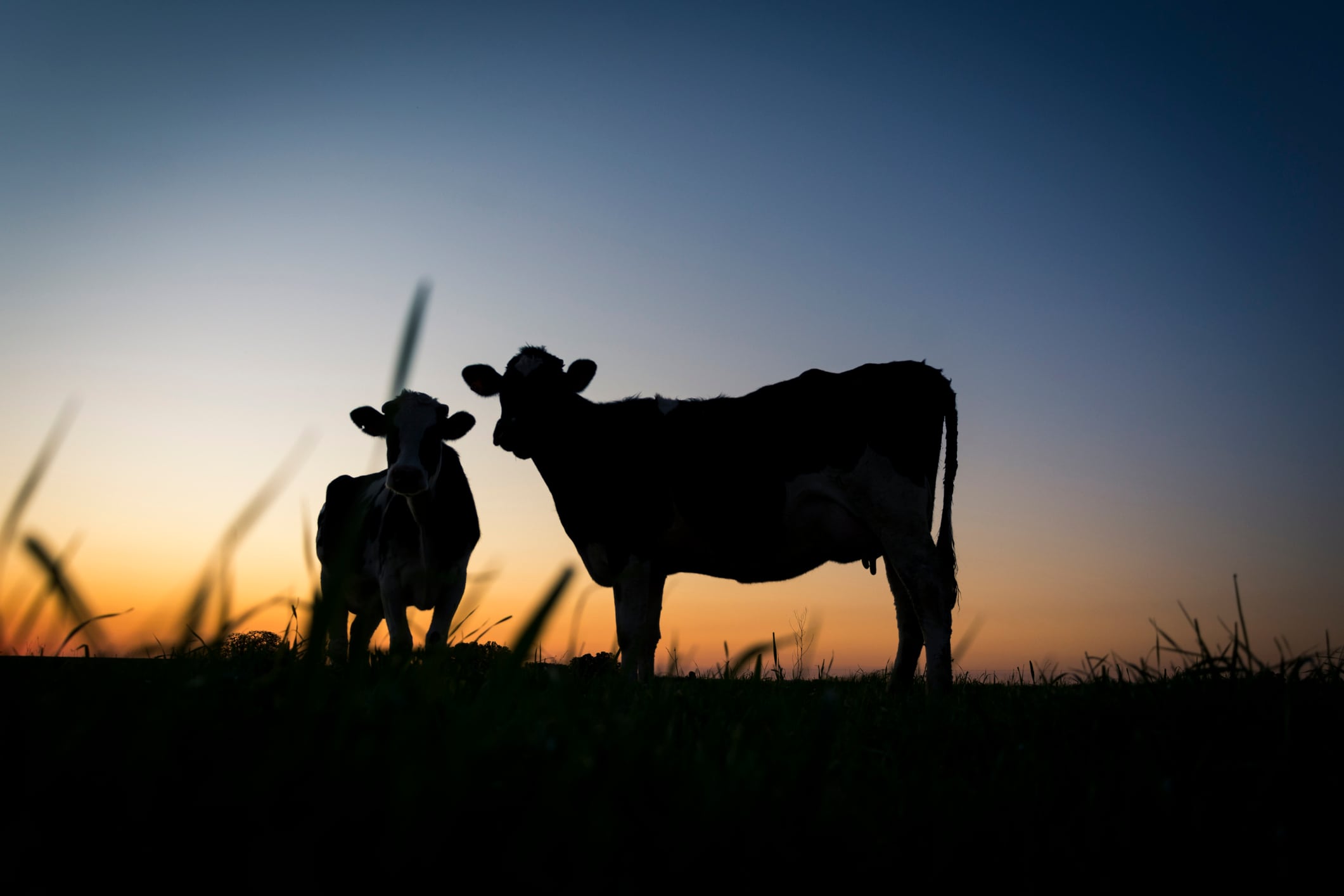
Sustainable September
How do food majors leverage digitalization and local sourcing to foster more resilient and sustainable supply chains in Africa?
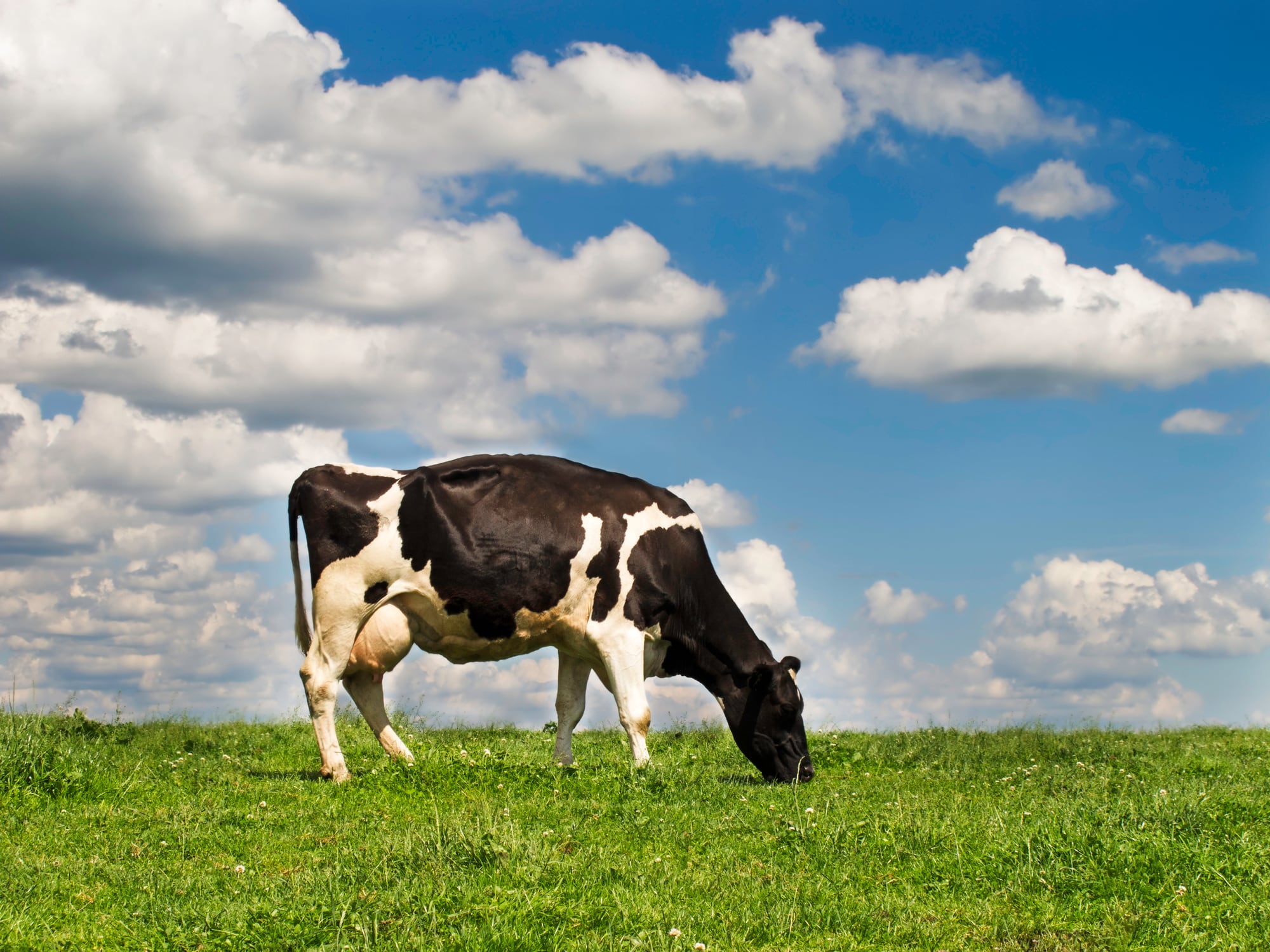
Sustainable September
Flip-flopping on policy and a lack of targeted funding for sustainability interventions is putting dairy’s green effort at risk
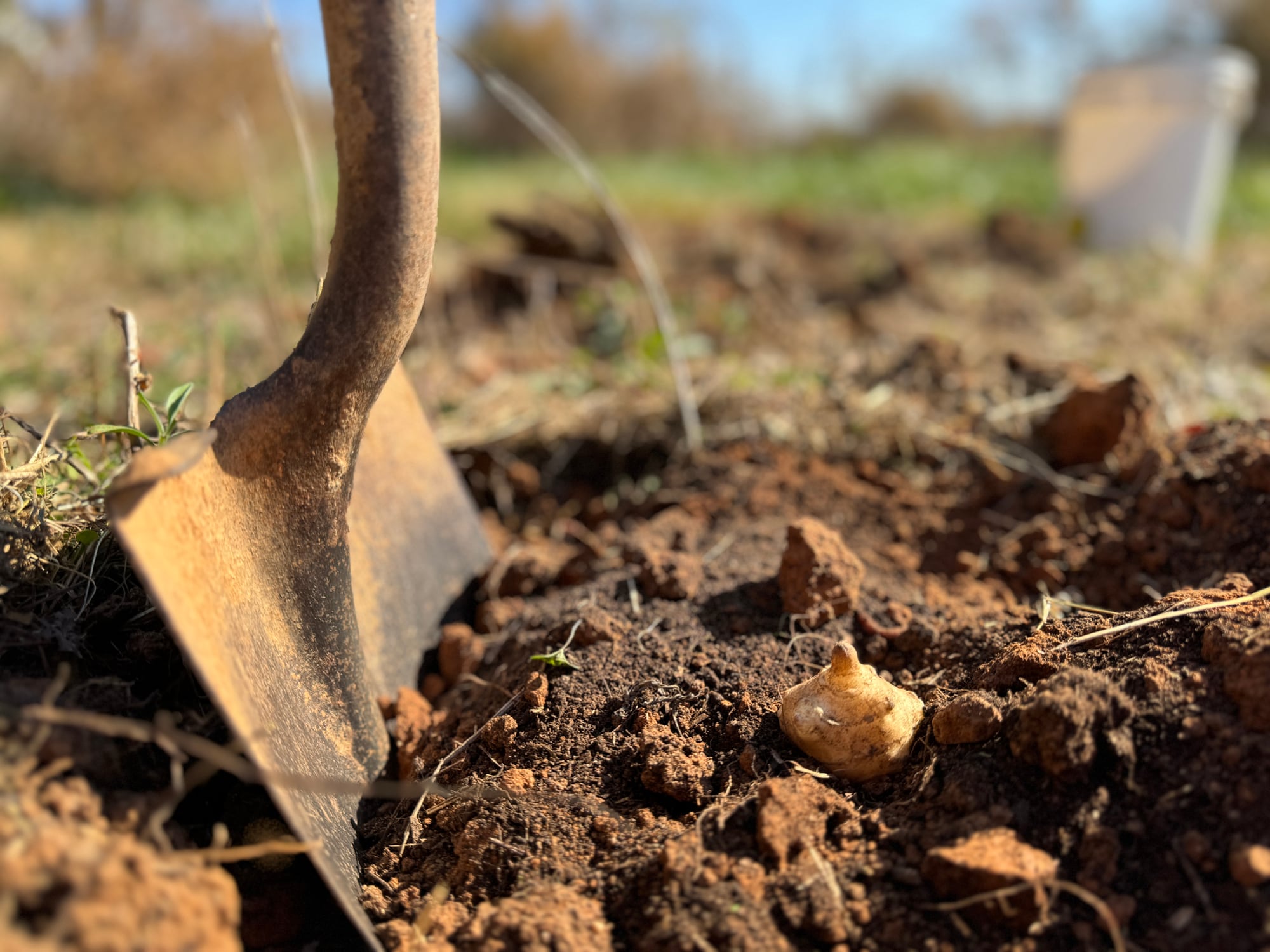
Sustainable September
The initiative will centre around farmer-facing organisations and focus on upscaling

Sustainable September
Dairy UK’s Dr Judith Bryans tells us how a cross-sector initiative is catalyzing sustainable change across the entire dairy value chain
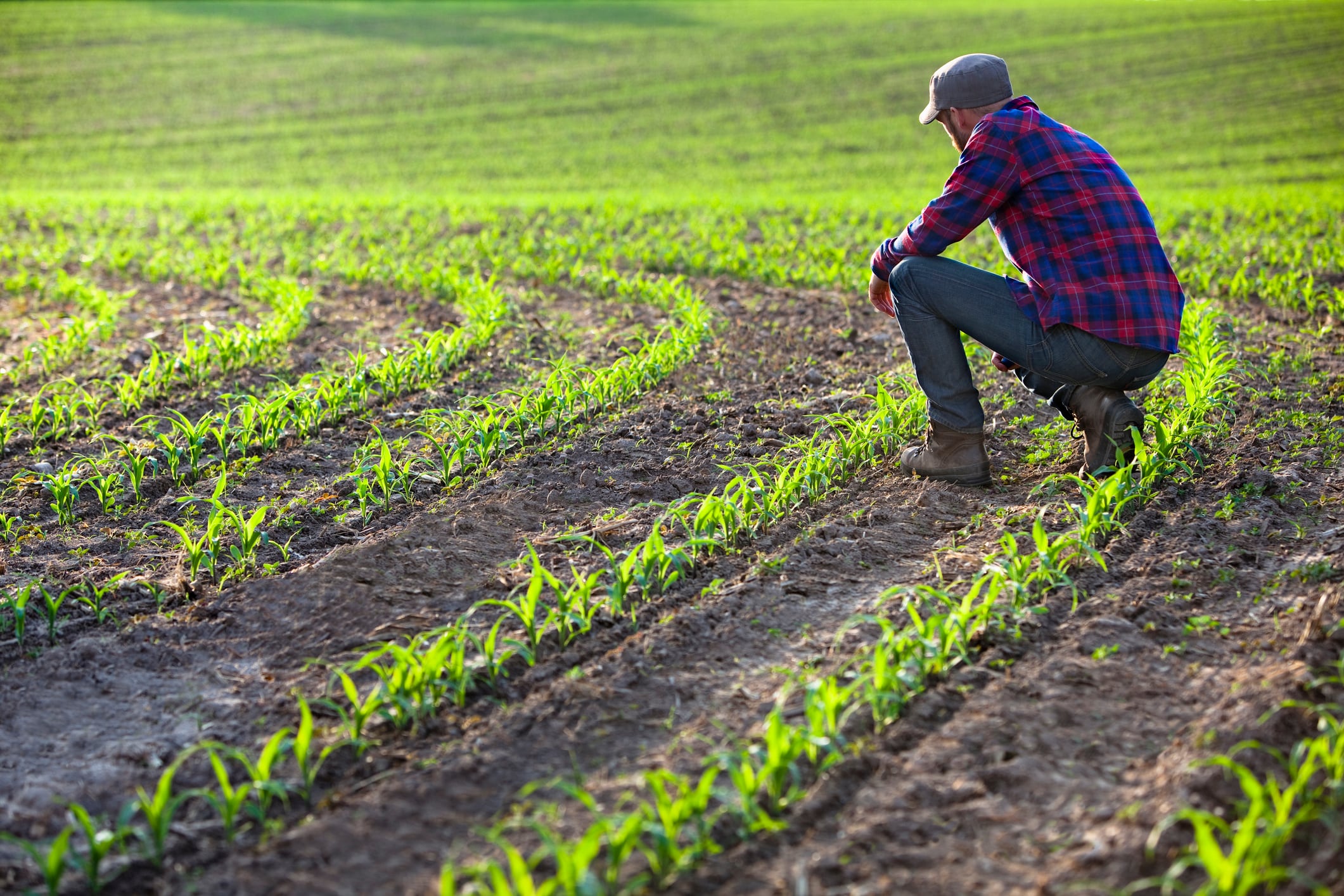
Sustainable September
The USDA, National Geographic Society and Growing Justice Fund offer funding to strengthen food production
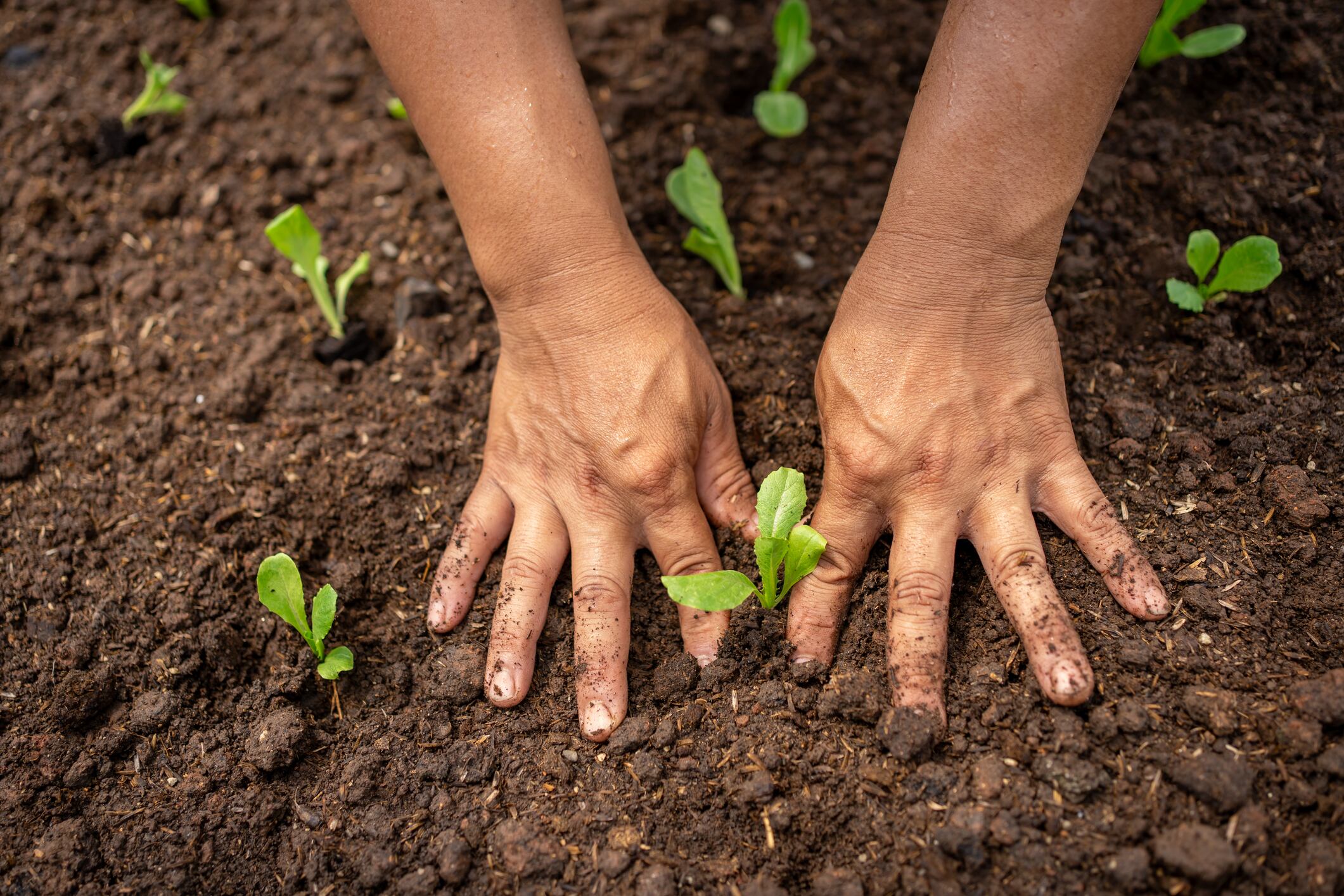
Sustainable September
Regen ag isn’t just about climate adaptation: it’s about driving profits, Klim co-founder Rob Gerlach told us
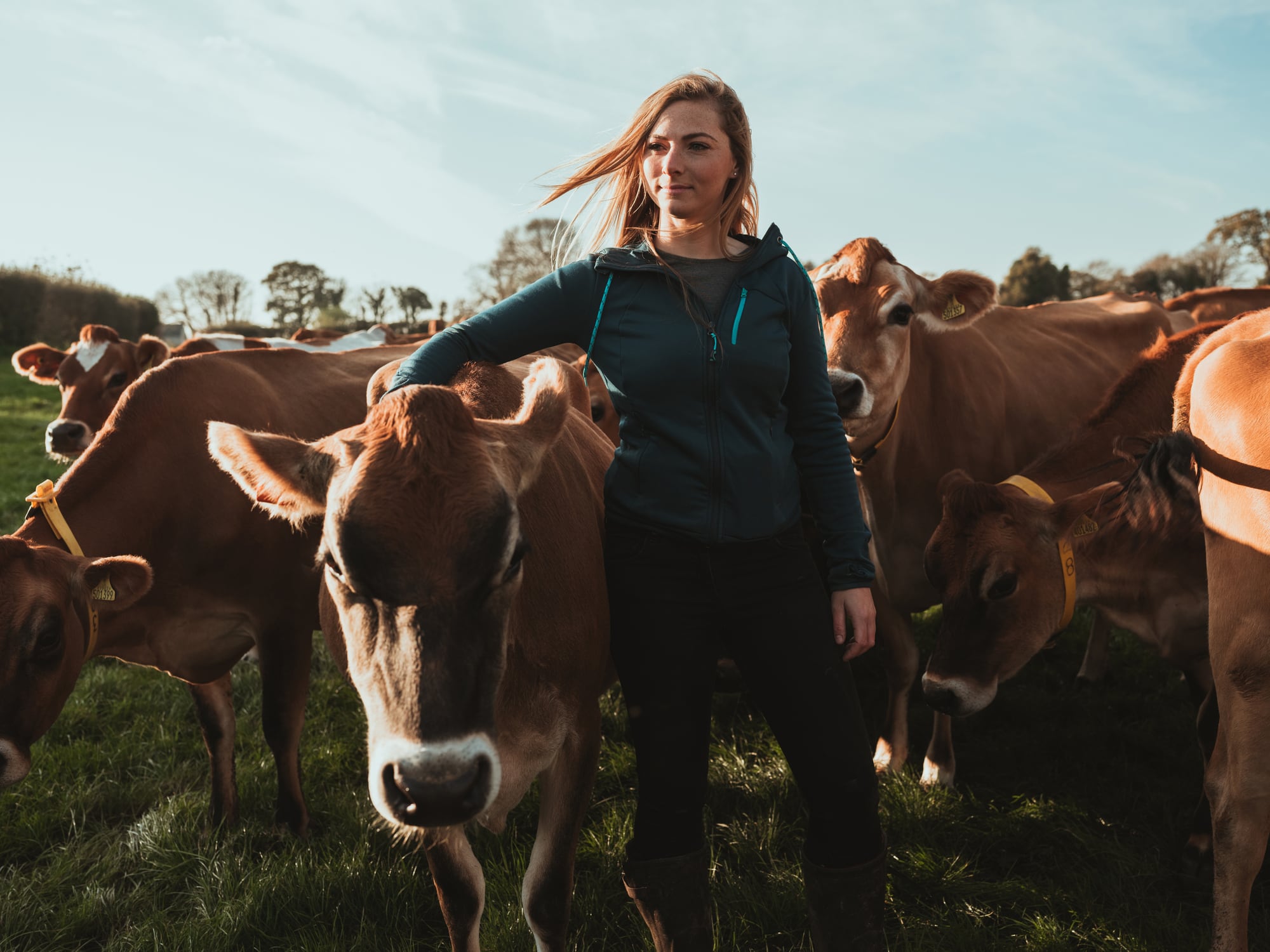
More tech is needed for more farmers, says the UK retailer, whose newly announced ‘Plan A for Farming’ plan includes a commitment that all its British products will come from farms using regenerative practices by 2030

Sustainable September
Time2Graze uses satellites to optimize pasture-based grazing in a world-first initiative
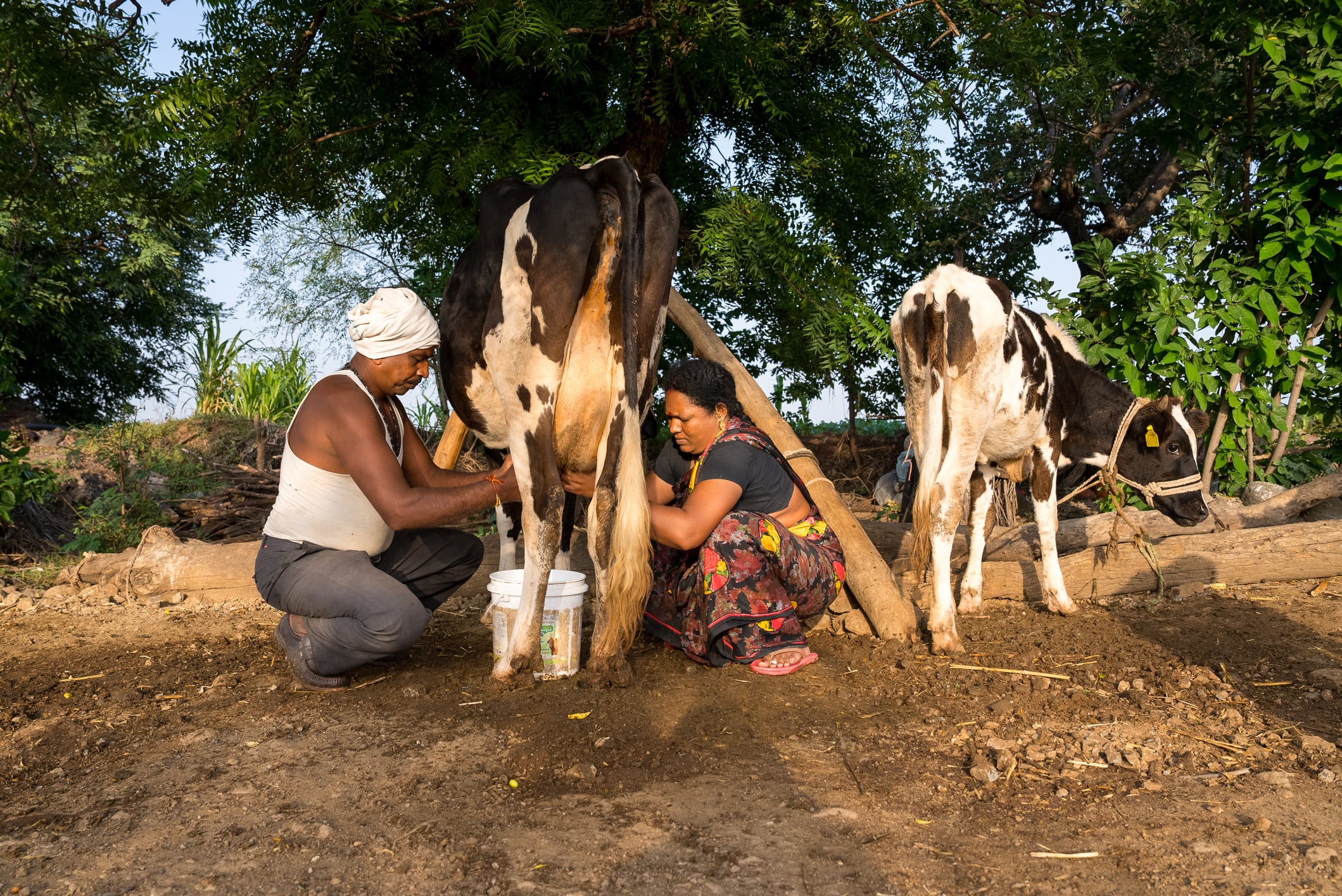
Sustainable September
Dairy’s climate progress hinges on productivity gains in markets like India: but the country’s milk production is one of the most carbon-intensive

Sustainable September
Fiat now incorporates recycled materials from used cartons into its vehicles. How much potential do cross-industry collaborations like this have?

What’s the optimal intake of animal-source foods?

Sustainable September
Industrial forests are more more vulnerable to high-severity fires, which may have implications for carbon permanence

Up the food chain
Bel Group plans on succeeding in animal-free dairy where others have failed. For chief venture officer Caroline Sorlin, who leads on Bel’s food-tech partnerships, timing is key
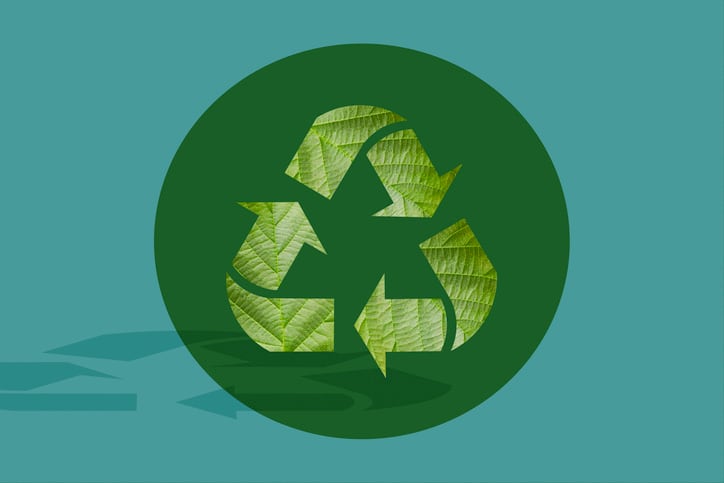
Sustainable September
From energy efficiencies to refillable packaging, how is the beverage industry working towards a circular economy?
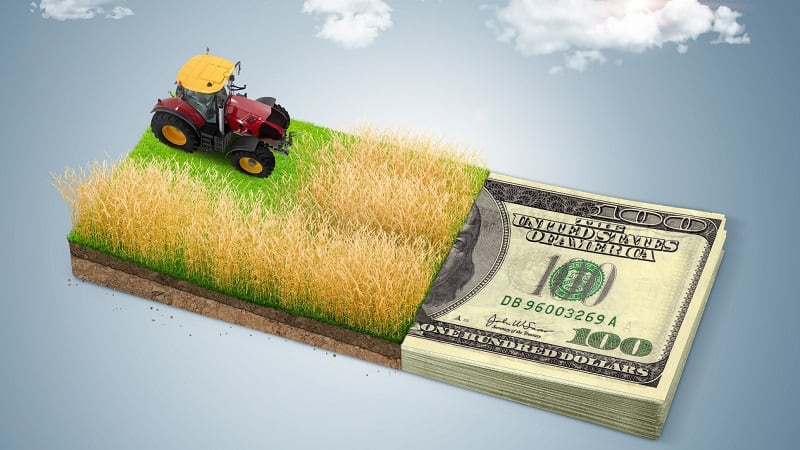
Lending rose 6% among Australian farms, with broadacre and dairy accounting for more than half of debt value amid ongoing economic strife.
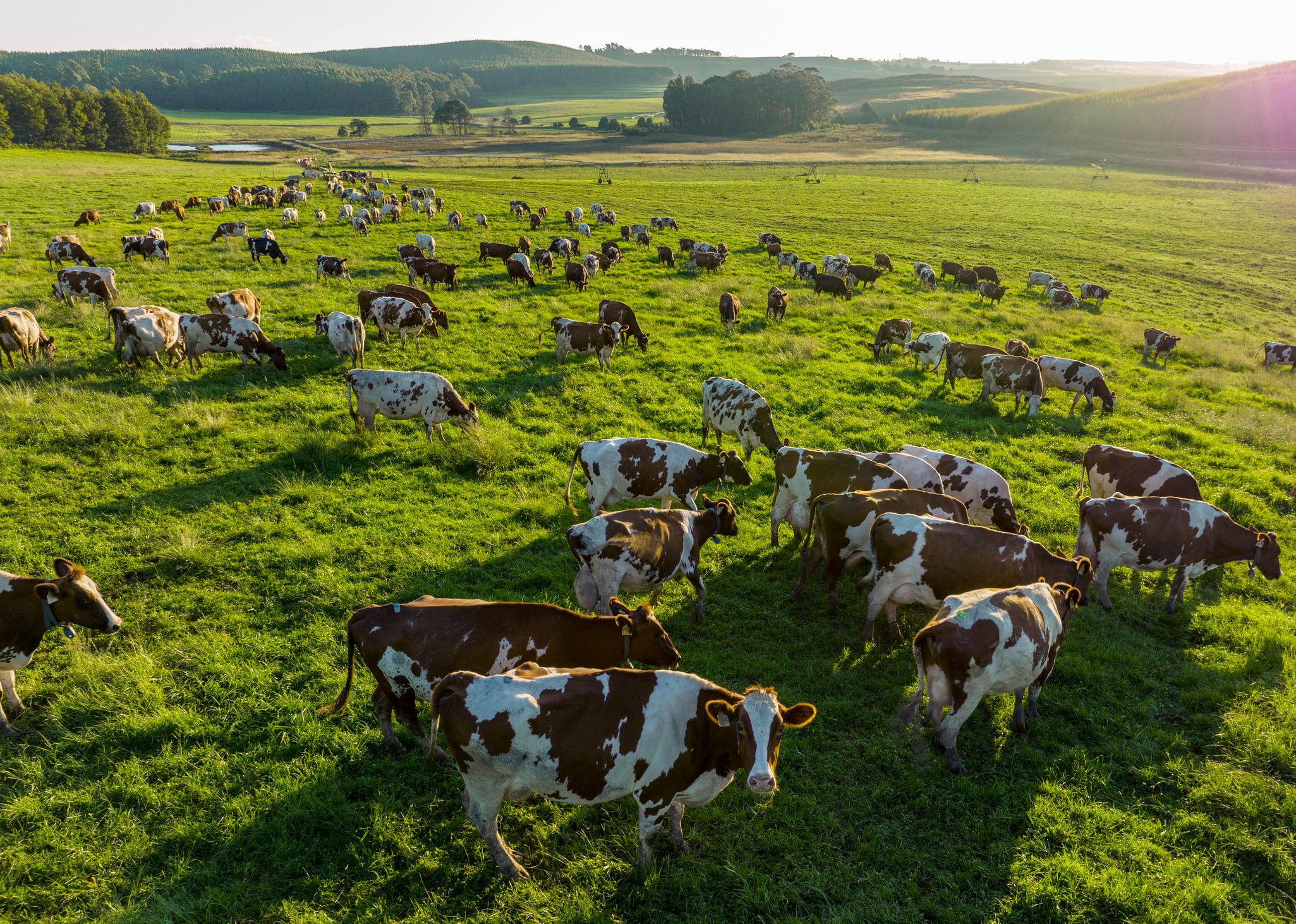
Sustainable September
Regulatory priorities may be shifting but climate risks, investor trust and consumer demand make industry action non-negotiable
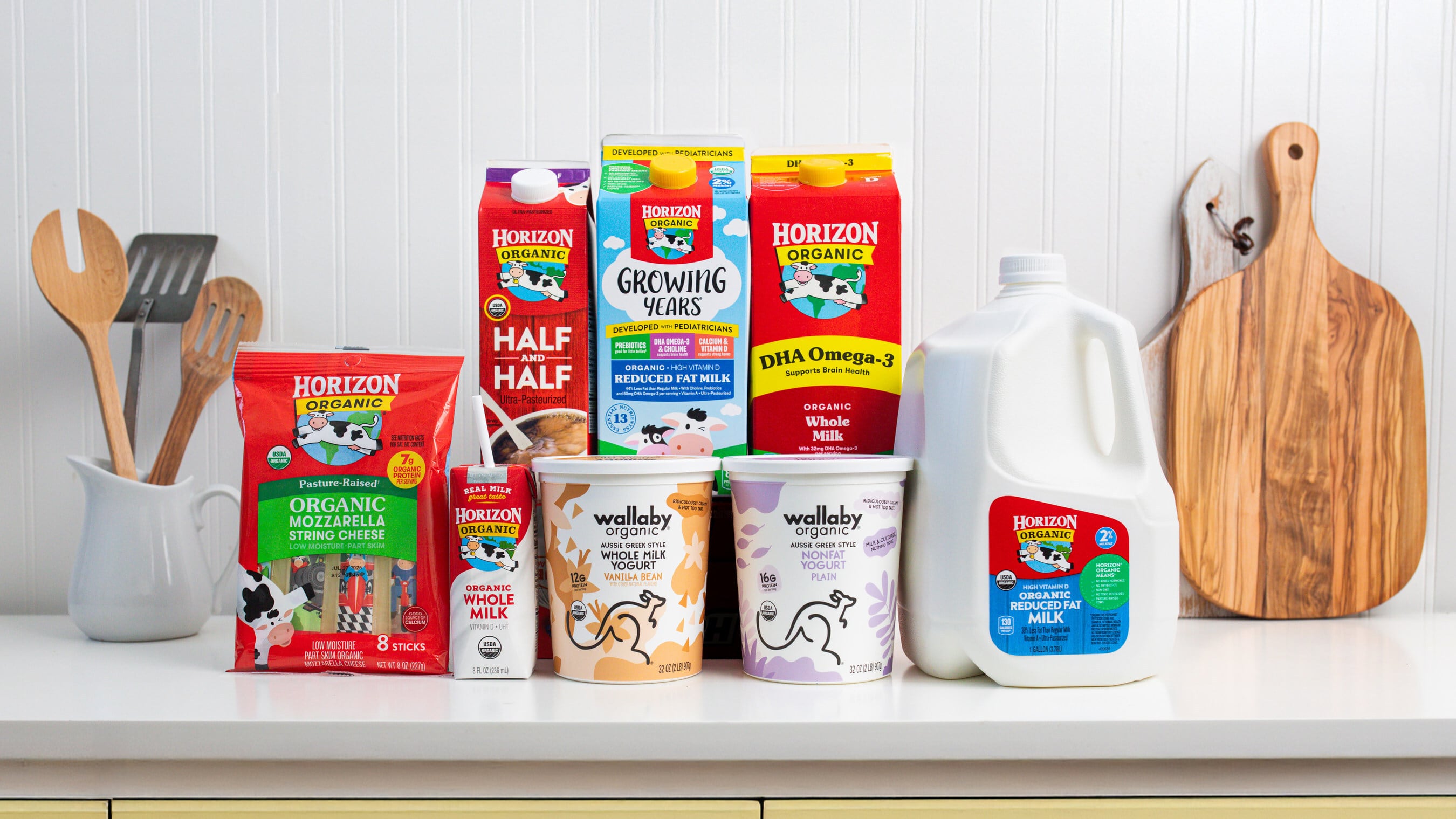
There are white spaces across categories and formats plus major M&A potential, says RaboResearch
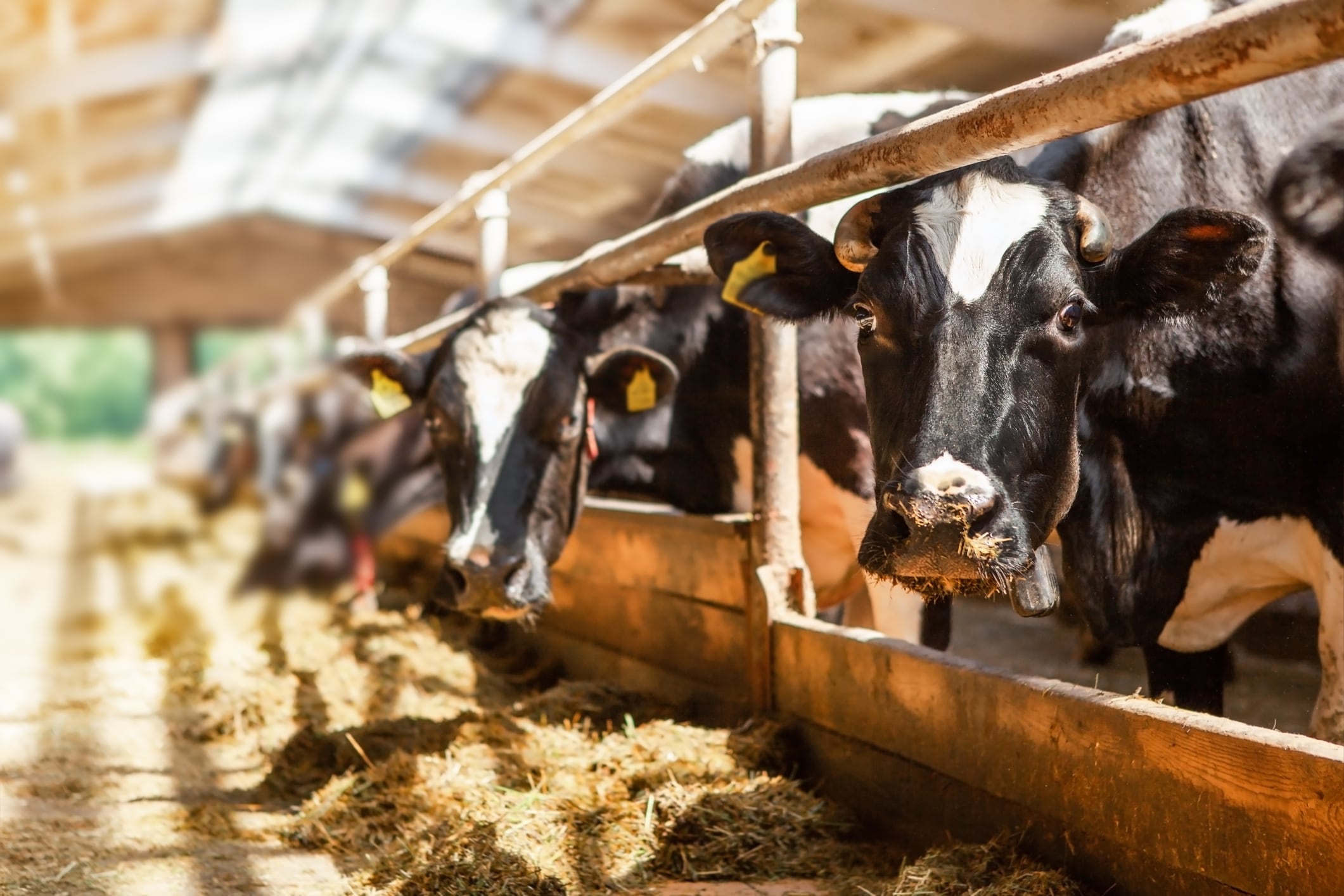
Proven to destroy up to 90% of dilute methane, Ambient Carbon’s tech could supercharge dairy companies’ climate goals, slash scope 3 emissions

Start-up Opalia is on a mission to prove its cell-cultured milk can be used to make an entire range of dairy products: from cheese to ice cream
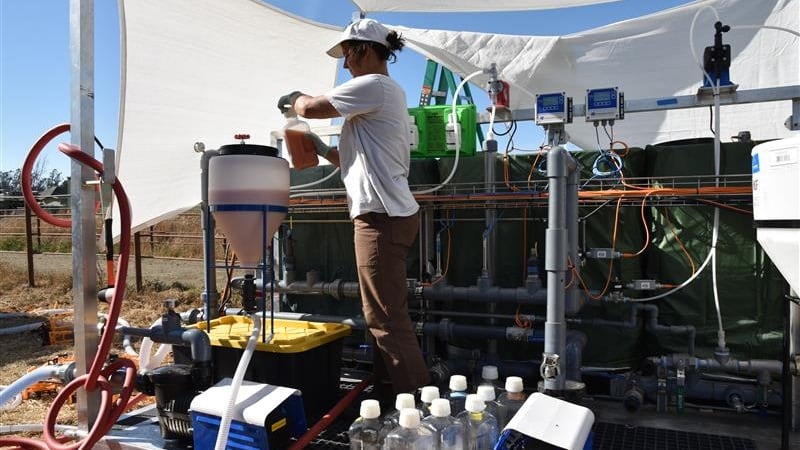
Methane-eating microbes (MEMs) are converting climate-harming gas into beneficial fertilizer
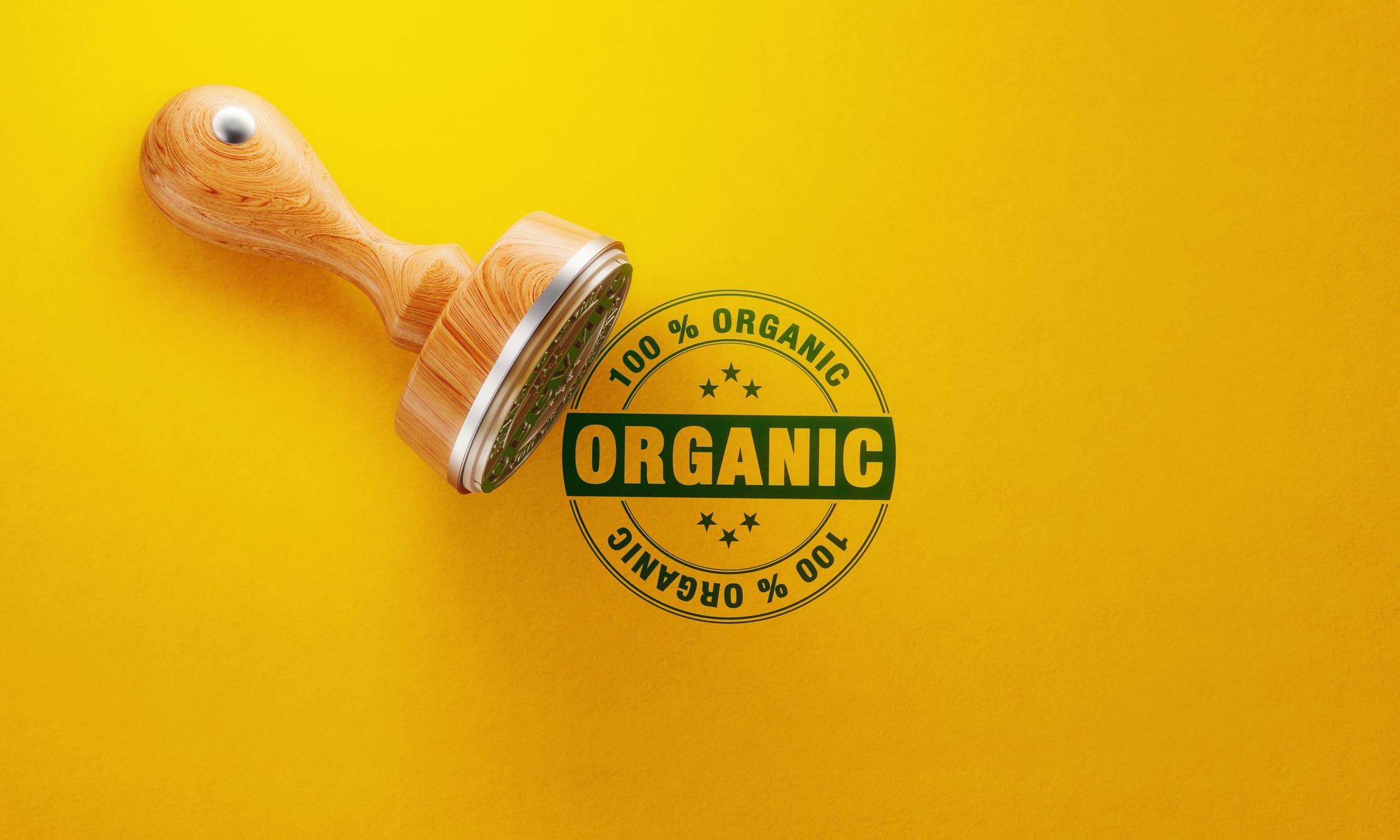
Natural food and drink products with sustainable label claims are flying off the shelves in the US: here’s why

Ajinomoto has partnered Solein to create protein-enriched ice cream targeting consumers that value nutrition, health and sustainability in their indulgences
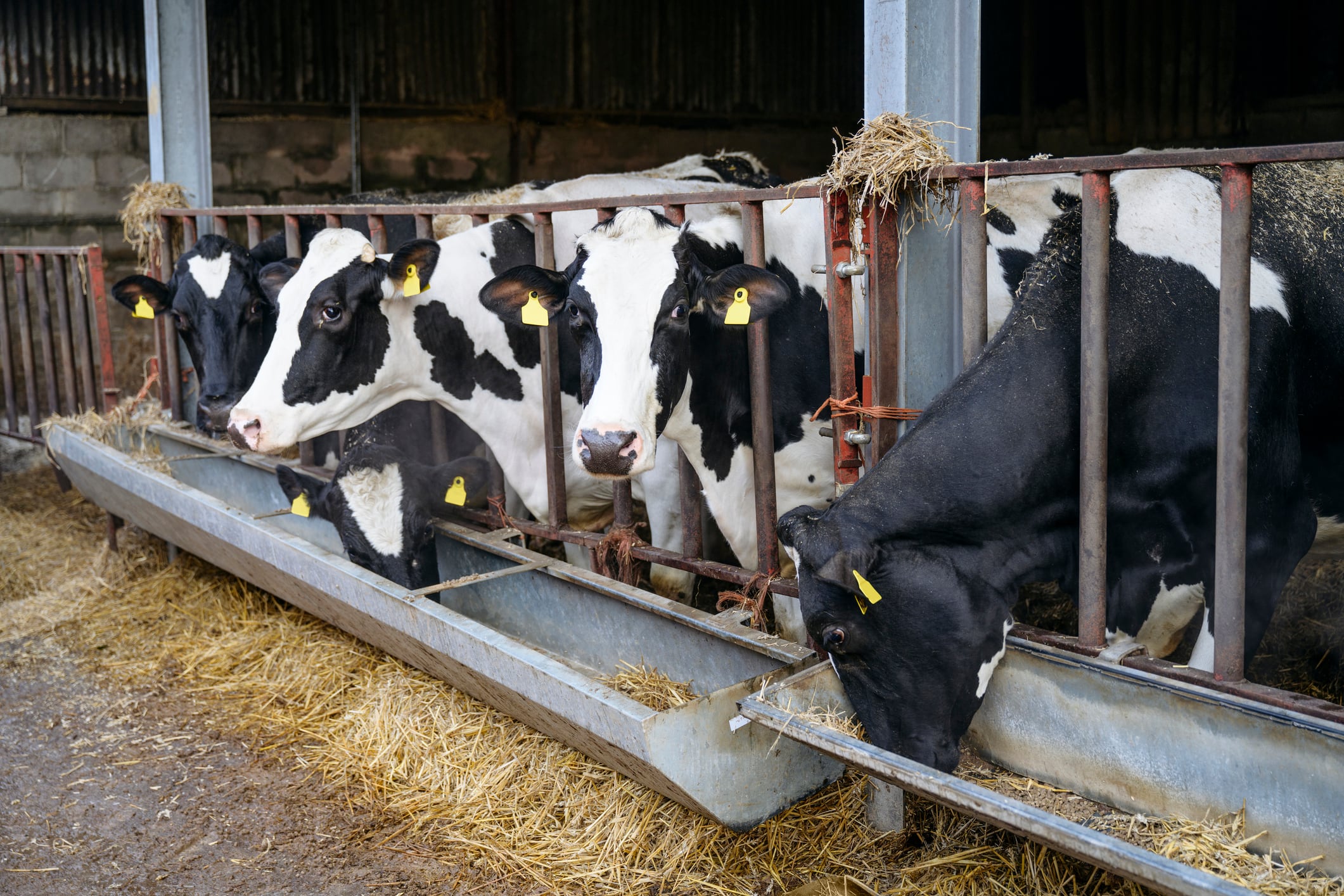
Data transparency is reportedly key to help UK dairy farmers unlock one of the most overlooked opportunities to reduce carbon emissions - the cow’s daily ration
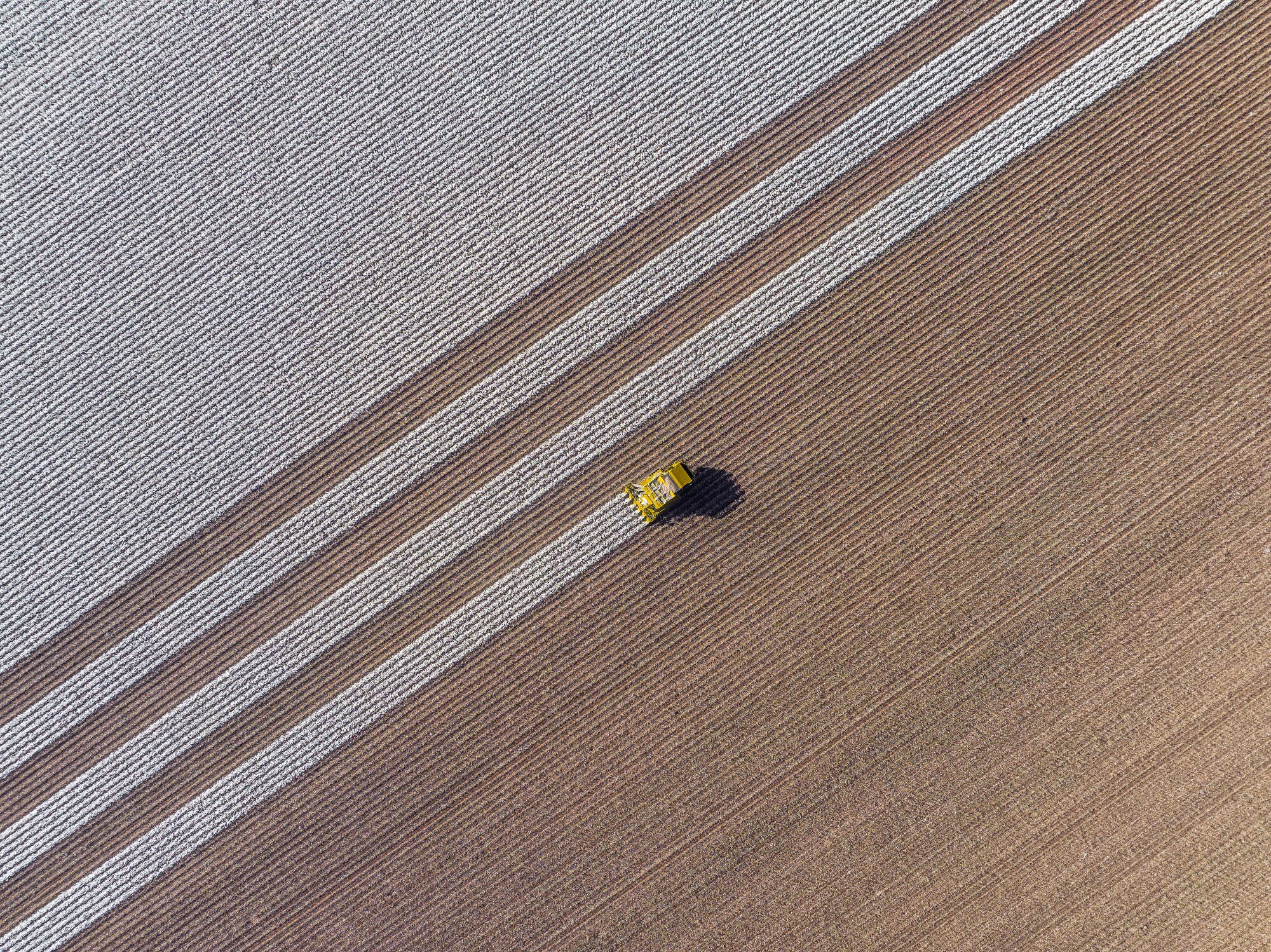
Australia’s hot and dry weather has led to a productivity slump among its biggest crop and livestock operations, with the west of the nation hit by significant 38% decline.
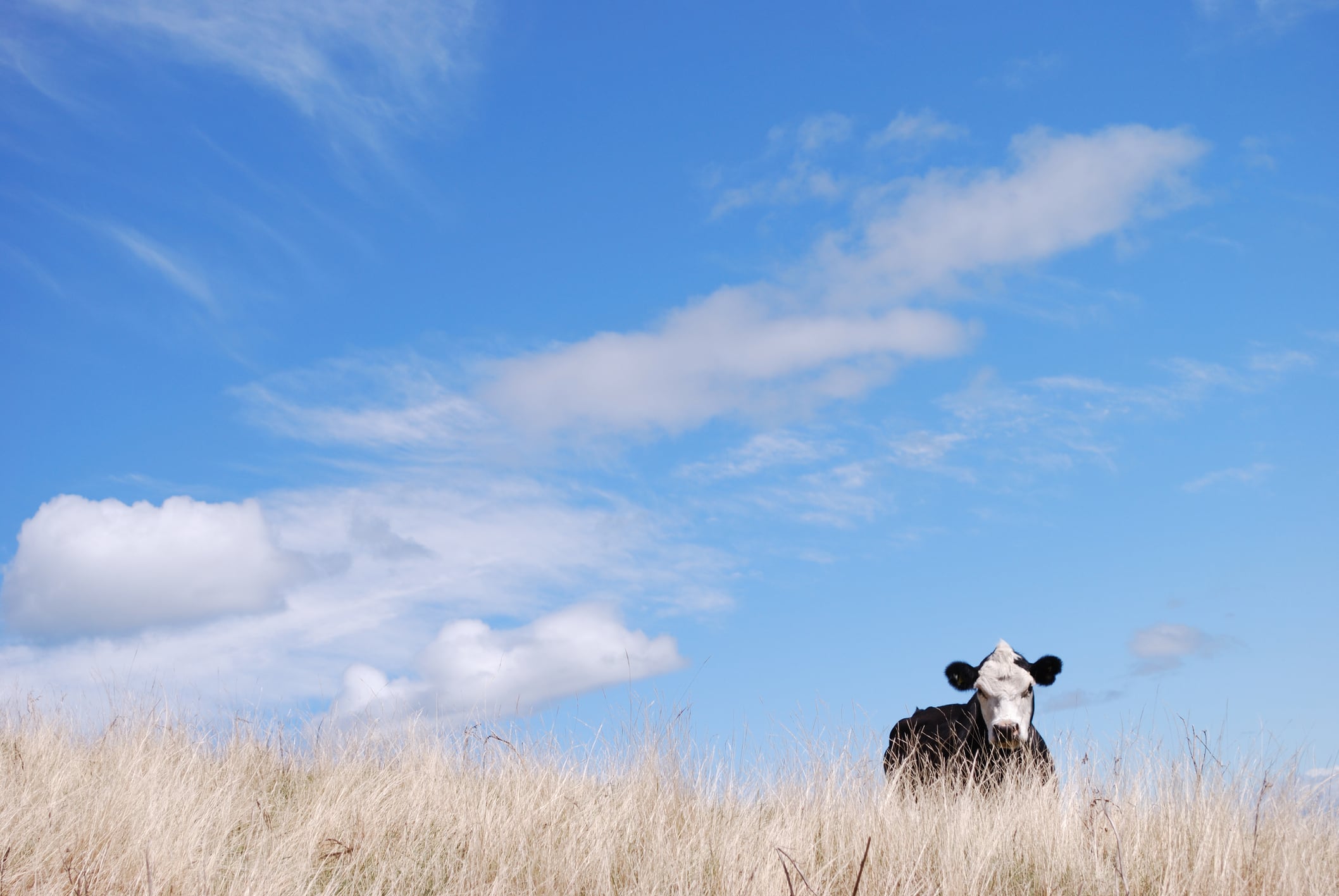
Even milk is vulnerable to rising temperatures

Wase’s microbe-driven tech is an evolution on traditional ADs that benefits anyone from dairies to distilleries
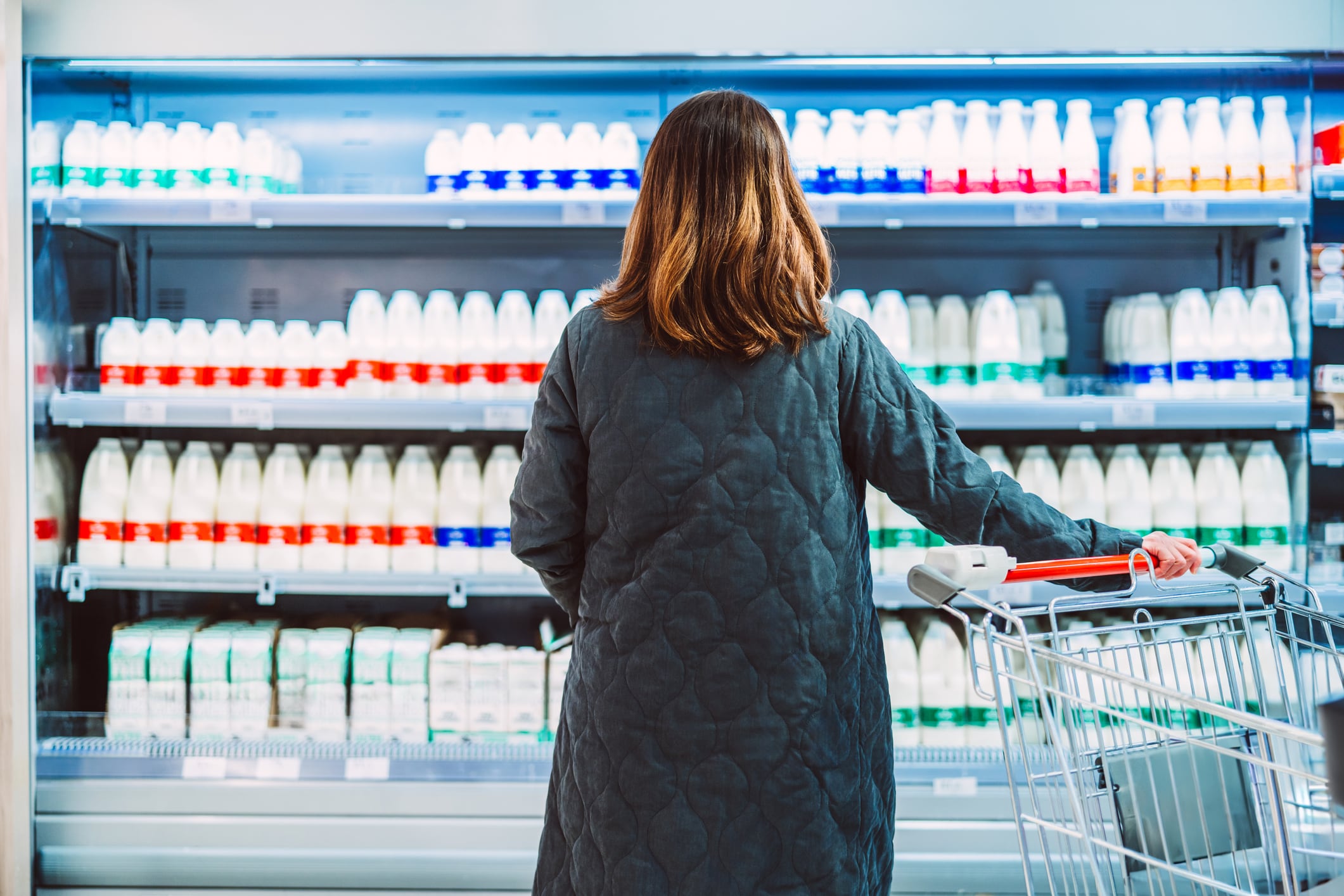
One of Europe’s largest supermarkets is selling hybrid milk alongside traditional dairy at price parity – but will consumers bite? We learn more from PlanetDairy CEO Jakob Skovgaard
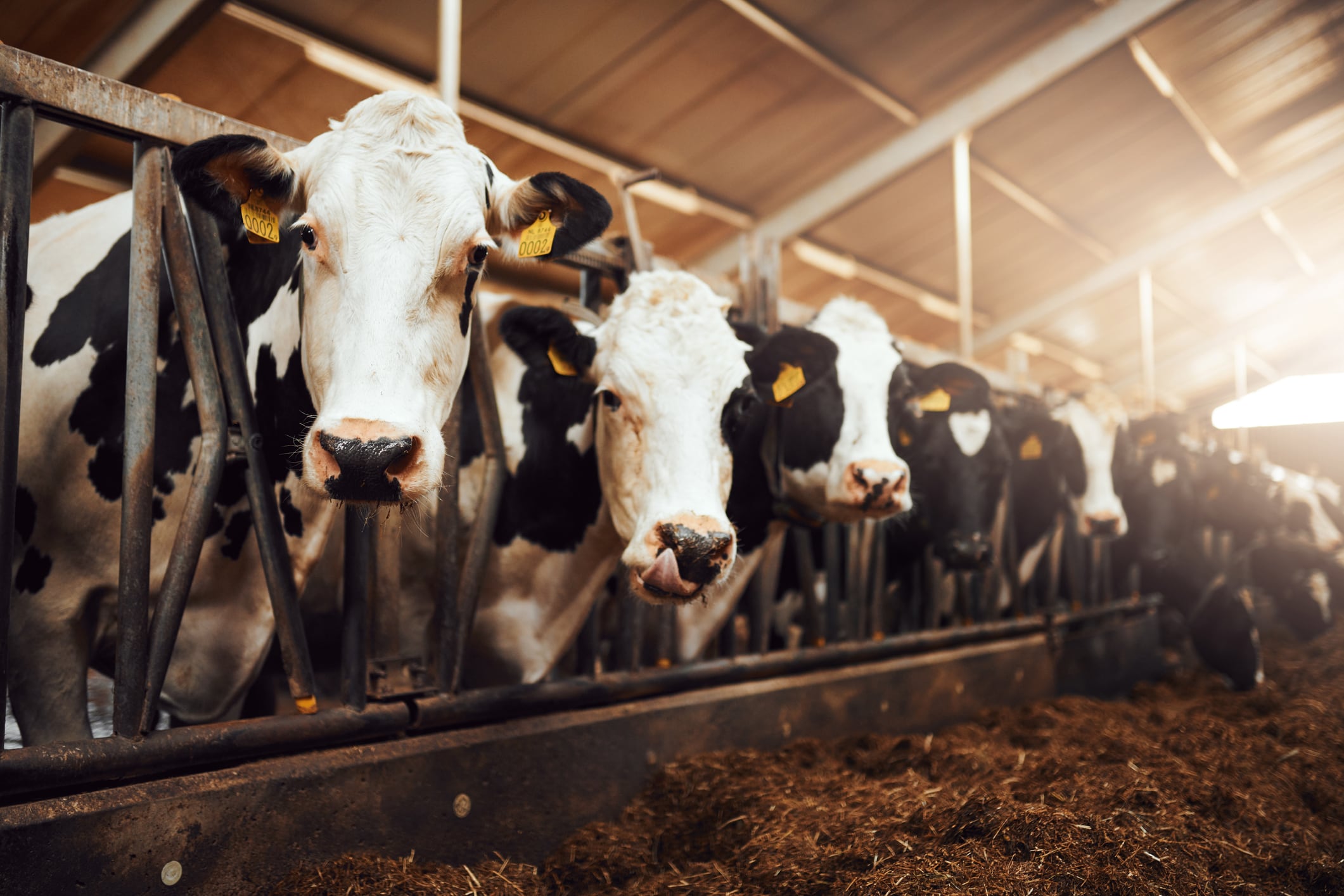
But governments and livestock industry must not swap GWP 100 for GWP* to model the impact of methane - here’s why

US retailers are underserving high-potential markets for sustainable products by stocking more eco-friendly options in areas dominated by liberal, affluent shoppers, study finds
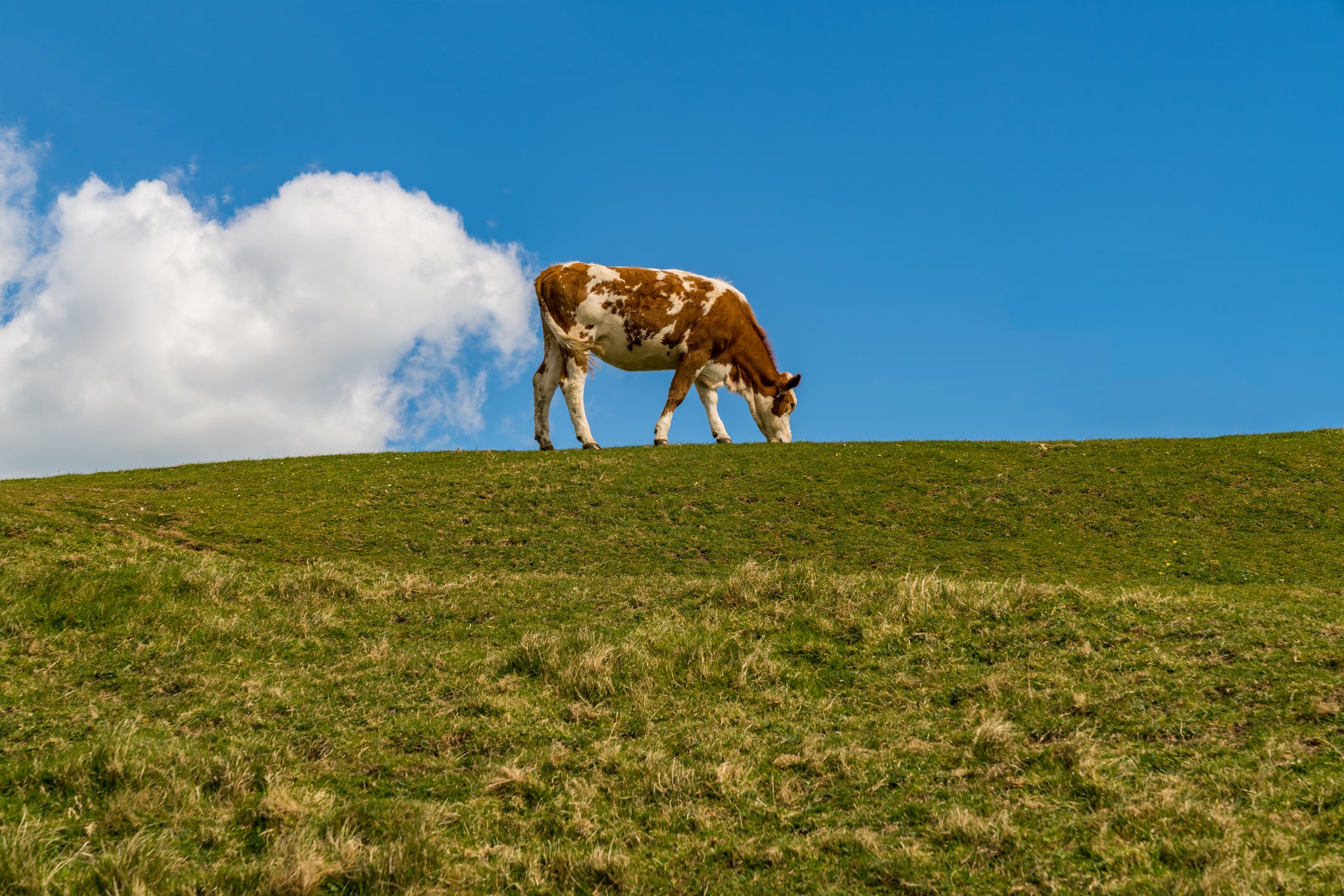
Two of the world’s richest dairy players have pledged to track and disclose their methane emissions - but how are others faring?
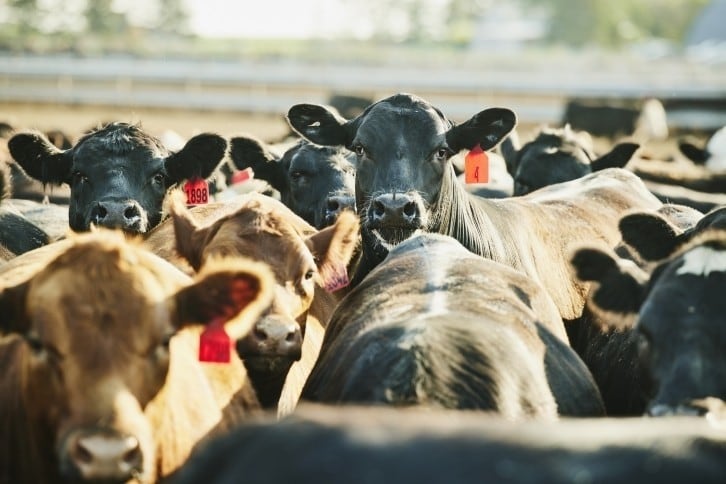
Methane from ruminants is the main greenhouse gas emitted from agriculture, but tackling it at source is complicated. How can businesses get started?

From ‘smelly’ to ‘boring’, how do youngsters perceive the countryside and the role of farmers? A new poll has the answers . . .
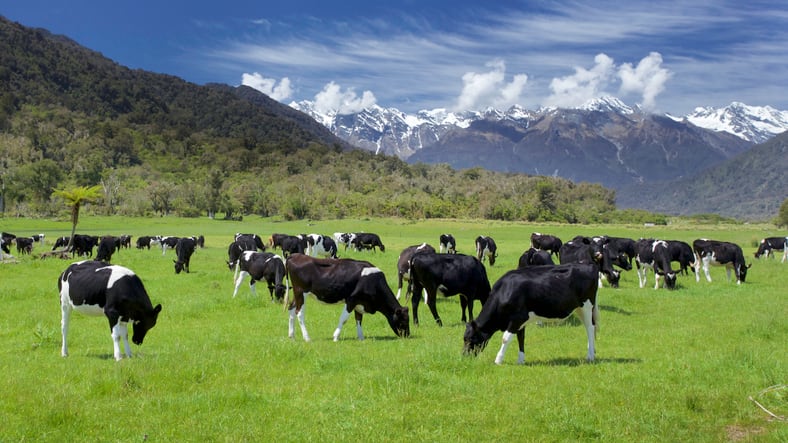
Hoofprint Biome’s solution naturally optimizes the rumen microbiome to produce less methane

Britain is experiencing the driest spring on record, meaning that now is the time to prepare for poor grass yield